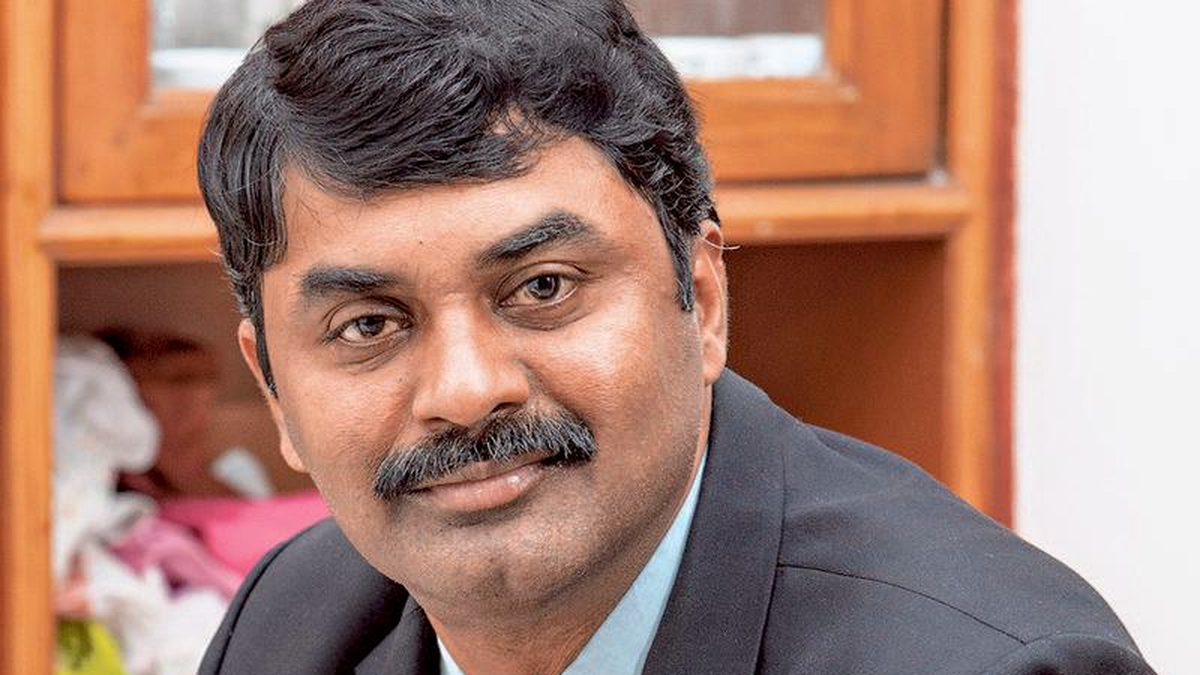
J. Amalorpavanathan, member, Tamil Nadu State Planning Commission
Currently, 350 million citizens lack access to basic medical care provided by any kind of health coverage, according to the National Council of Applied Economic Research. This Budget scarcely addresses the problem directly.
The Anganwadi and Poshan 2.0 programmes provide nutritional support to over eight crore children, one crore pregnant and lactating women, and 20 lakh adolescent girls in aspirational districts. “The cost norms of these nutritional support programmes will be enhanced accordingly,” said the Hon’ble Finance Minister. This is certainly welcome, but we need to reiterate that we have been running these programmes for decades, and yet, anaemia among women and stunting and wasting among children remain almost stubbornly the same for several years. Unless we identify the cause of this stagnation, the “more of the same” approach will yield little dividend. Also, since the exact allocation is unclear, it is difficult to comment further on this.
The decision on increasing medical seats is problematic. The plan is to add 10,000 seats this year and scale it up to 75,000 seats in five years. It is not clear if the government is going to open more medical colleges or allow more private medical colleges. Secondly, more doctors does not automatically mean better public health. Unless the government plans to absorb a substantial number of doctors into public health — and there is no such indication — this will only help the private sector with a steady supply of cheap labour. The Economic Survey presented this bleak data: a fresh medical graduate earns around ₹5 lakh a year, and a senior doctor [in cities] earns ₹12.5 lakh to ₹18.4 lakh a year!
Further, with the domiciliary quota gone after the recent Supreme Court judgment, and shrinking government jobs, the students of NEET coaching centres from well-developed States will garner most of the seats in the medical colleges launched in less-developed States, and settle in metropolitan cities rather than serve the hinterlands. Hence, I see no public good flowing from this announcement.
The duty waiver for 36 life-saving drugs is welcome. We see this pattern almost every year. Every new molecule entering the market is so expensive that it is beyond the reach of the ordinary person. It is far more essential that all the essential drugs listed by WHO are available free of cost to patients in government hospitals, and at affordable prices in all government-run pharmacies, with absolute quality assurance. Personal experience with the quality of drugs bought from government-run pharmacies is not inspiring. Anyone, walking into any government hospital, with or without an insurance card, should be able to access quality medical care.
Day care cancer centres, starting with 200 this year and covering all the districts eventually, will be a cosmetic measure unless we have a comprehensive early cancer detection, prompt surgery, radiotherapy and chaemotherapy programme accessible to every Indian. Most States lack such comprehensive programmes. Private treatment for Cancer is extremely prohibitive. Support to well -run Cancer Hospitals like the one run by Government of Tamilnadu would have encouraged other states to develop such model cancer hospitals.
Medical tourism “in partnership with the private sector” will certainly bring good foreign exchange and help the private sector. But it matters little to public health. I do not know why the FM thought it important to mention it in her speech. Some sort of policy direction which would help key government institutions like AIIMS, PGI or RGGGH attract foreign patients would have been good. More importantly, a separate cess on medical tourism, and using that cess to strengthen government hospitals, would have been logical.
Published – February 02, 2025 12:37 am IST



